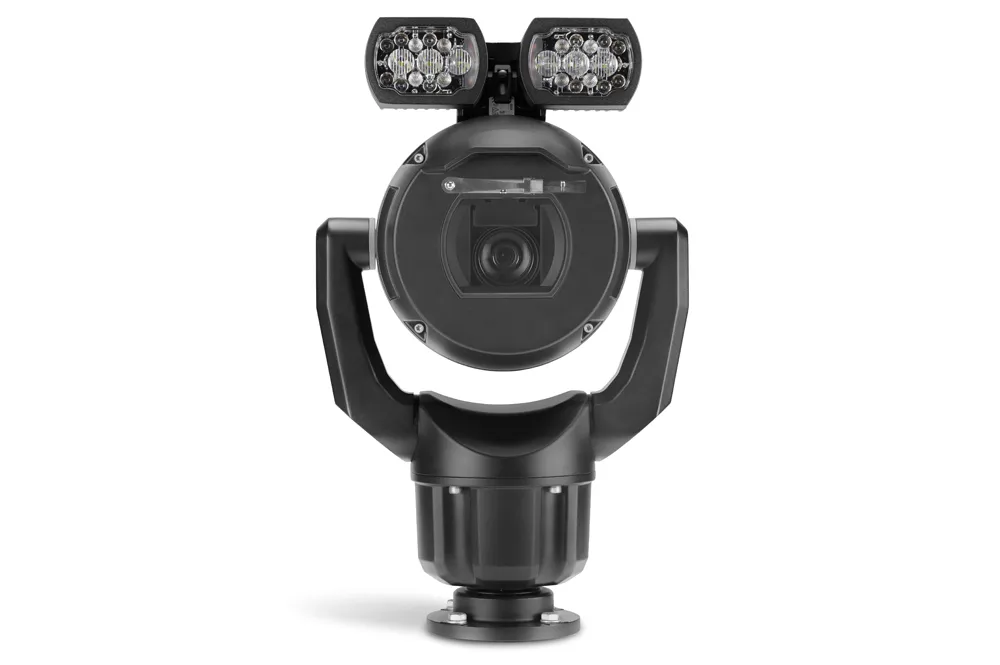The eight-year contract is an extension to a six-year partnership with the Los Angeles County Metropolitan Authority (LA Metro).
The scope of the project includes the installation of overhead scanners and automatic vehicle identification equipment which corresponds with the FasTrak transponders installed on commuter vehicles.
Tolls on the ExpressLanes are based on congestion pricing, which varies depending on traffic volume.
Drivers who want to travel on the ExpressLanes as a toll-paying solo driver require a switchable FasTrak to indicate they are the single occupant inside the vehicle. Users can then pay a toll electronically and can travel at a minimum speed of 45 mph.
Conduent says its tolling platform will provide LA Metro with enhanced analytics capabilities through machine learning and artificial intelligence.
Conduent to provide tolling system to ease congestion in Los Angeles
Conduent Transportation is to modernise the tolling system on ExpressLanes in Los Angeles County to help reduce congestion and improve safety along the I-10 and I-110 corridors.
The eight-year contract is an extension to a six-year partnership with the Los Angeles County Metropolitan Authority (LA Metro).
The scope of the project includes the installation of overhead scanners and automatic vehicle identification equipment which corresponds with the FasTrak transponders installed on commuter vehicles.
November 12, 2018
Read time: 1 min










